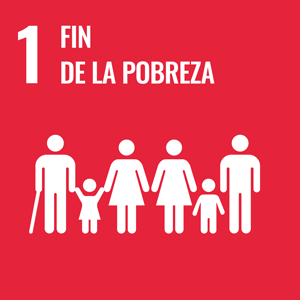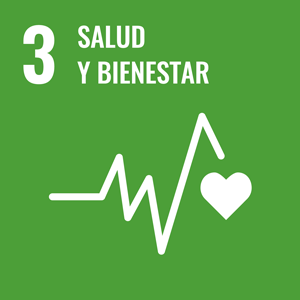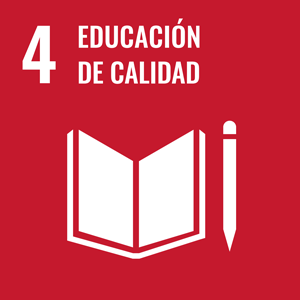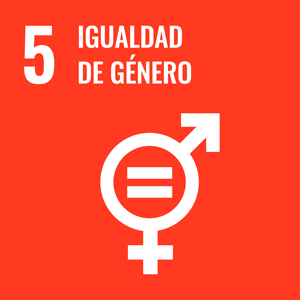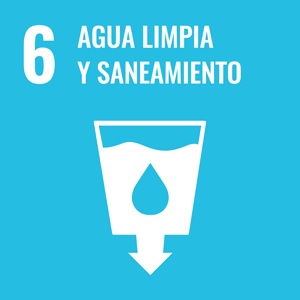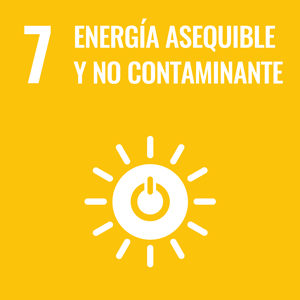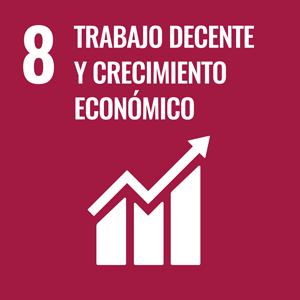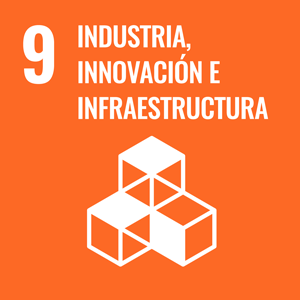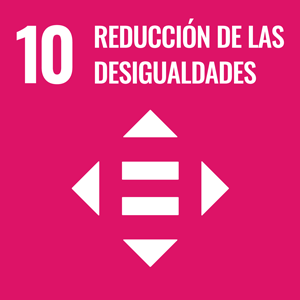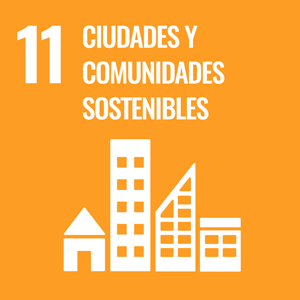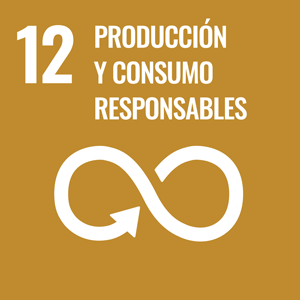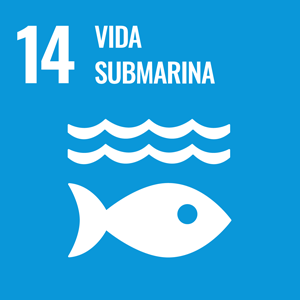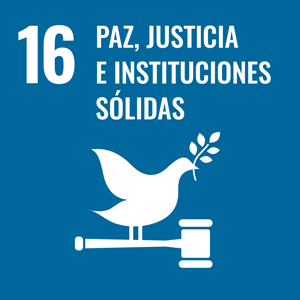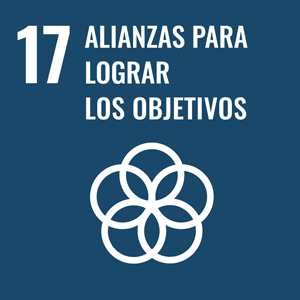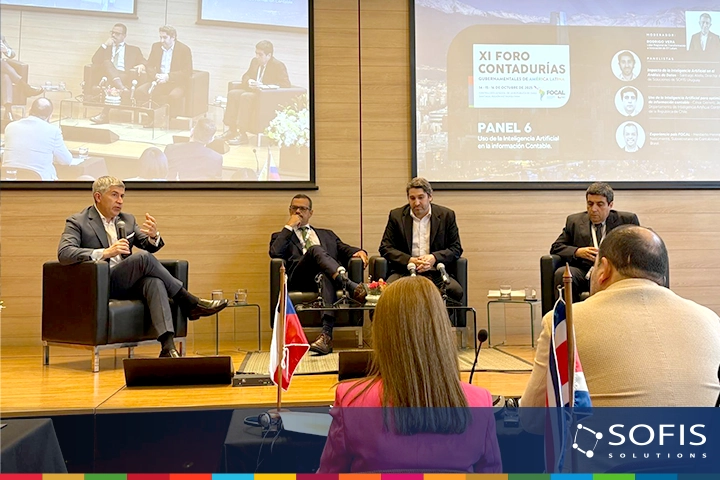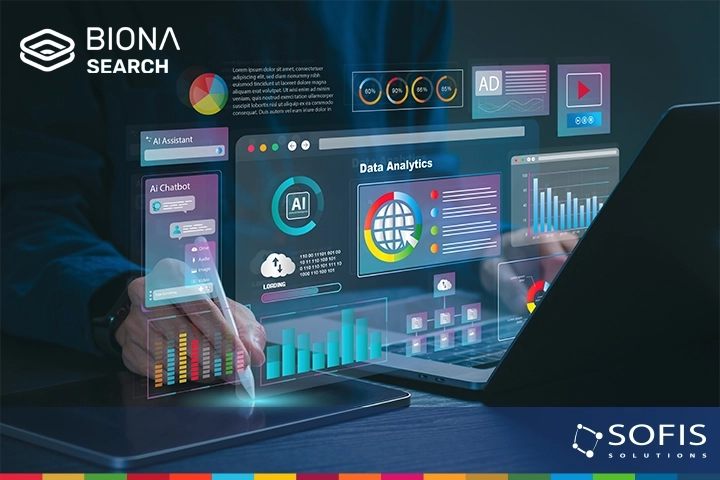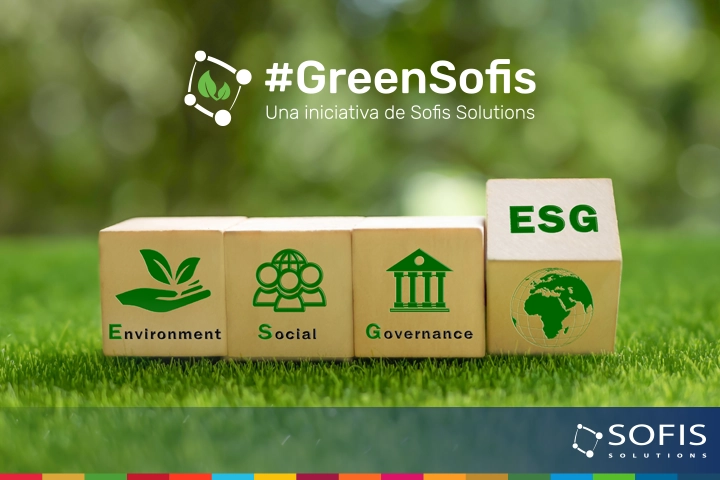-
Who we are
-
-
StrategyMission
To solve the challenges of organizations and communities through intelligent, secure, sustainable, and people-centered solutions, so they generate real value in their social and productive contexts.
VisionTo be the chosen company by organizations seeking to innovate with quality, purpose, and trust in the intelligent era.
Learn moreValues- Ethics and transparency
- Professionalism
- Respect
- Honesty
- Innovation
- Responsibility
- Effectiveness
- Integrity
- Customer orientation
- Punctuality
-
-
-
History
Sofis Solutions was born in 2005, in the city of Montevideo - Uruguay.
Since its inception, the main driver was and remains quality. This applies to processes, products, and relationships with the environment.The internationalization of the company It was one of the founding objectives. In the first stage, it expanded from Uruguay, and in the second stage, it opened offices in Latin American countries. Currently, it has offices in Montevideo, Panama, El Salvador and Ecuador.
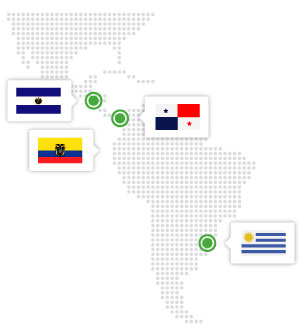
-
-
-
Alliances

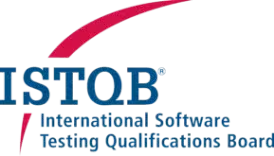



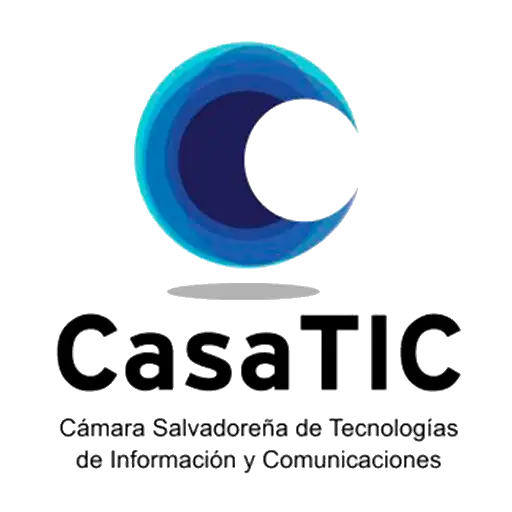
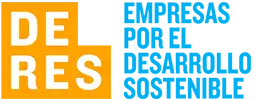

-
-
-
Certifications

CMMI-DEV-3
More informationNational Quality Award - 2023 Edition
More informationISO 9001:2015
Quality Management SystemISO 37001:2016
Anti-Bribery Management SystemISO 14001:2015
Environmental Management System
-
-
-
SustainabilityLearn more
Sofis Solutions integrates environmental, social, and governance (ESG) principles into its management and operations, driving sustainability through Digital Transformation. Its strategic approach prioritizes energy efficiency, digital inclusion, and transparency in digital governance, contributing to the responsible development of organizations.
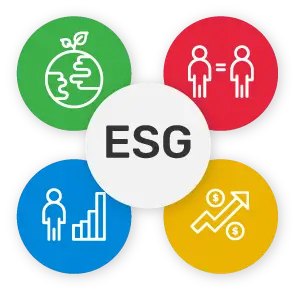
-
-
-
What we do
-
-
IT projectsLearn moreAt our Software Factory, we specialize in providing software development solutions with a focus on excellence and sustainability.
-
-
-
Software qualityOur software quality services comprehensively address the aspects or dimensions of software quality, addressing this approach throughout the entire software development cycle.
- Manual and automated functional suitability testing
- Performance testing
- Software product quality
- Software quality consulting
Learn more
-
-
-
Staff AugmentationLearn moreWhat is IT Staff Augmentation? IT Staff Augmentation is a specialized technical staffing model that enables organizations to increase their agility and respond to the changing technological needs of the market.
-
-
-
ConsultancyIn the public sector, strategic decisions and projects with citizen-centered designs and excellence have the power to transform entire communities.Learn more
-
-
-
BIonA SuiteBIonA Suite is a comprehensive platform for the intelligent management of processes and services in public and private organizations. BIonA Suite facilitates smart transformation with a focus on public value and user experience. Learn more
-
-
-
Projects
-
-
Recent projects
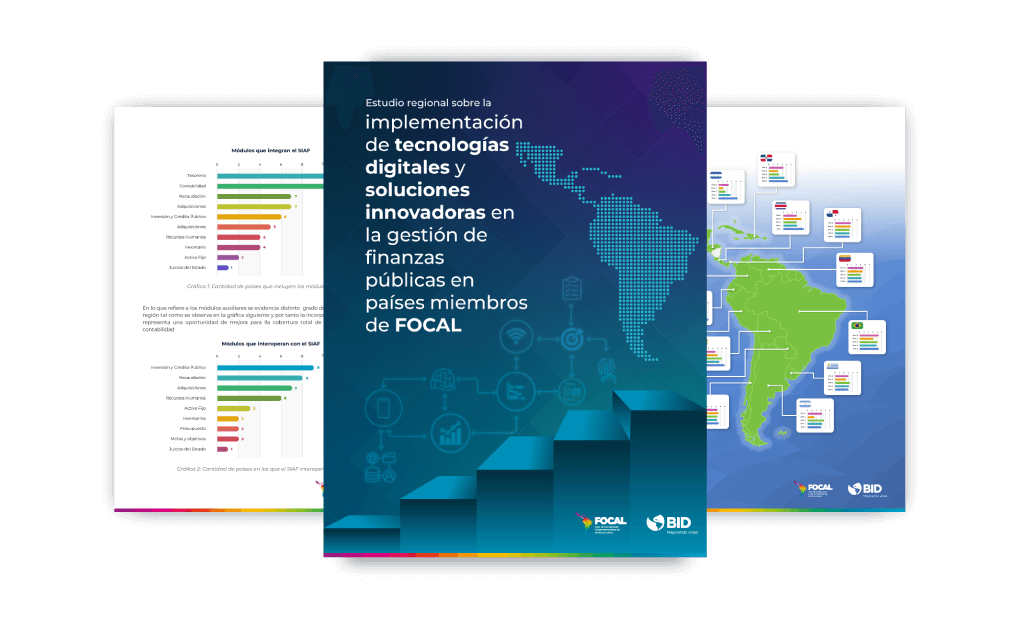 FOCAL Regional StudyFOCAL - El Salvador
FOCAL Regional StudyFOCAL - El Salvador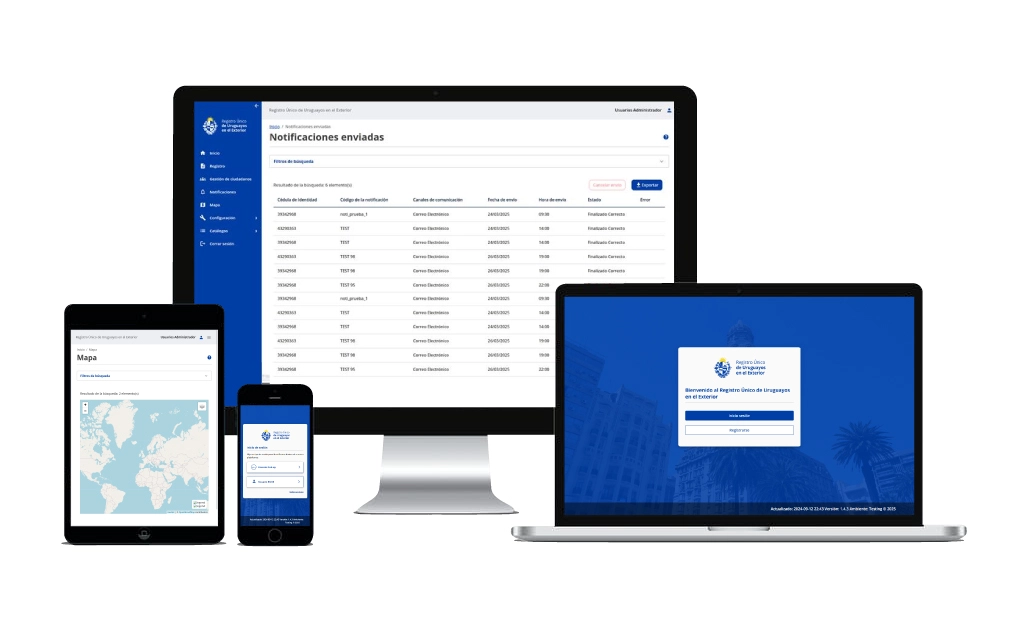 Single Registry of Uruguayans AbroadMinistry of Foreign Affairs - Uruguay
Single Registry of Uruguayans AbroadMinistry of Foreign Affairs - Uruguay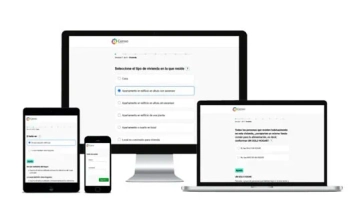 Population and Housing Census 2023National Institute of Statistics - Uruguay
Population and Housing Census 2023National Institute of Statistics - Uruguay
-
-
-
Digital Public InfrastructureWhat are Digital Public Platforms?ProjectsProducts
-
-
-
-
Mobile applicationsWe create hybrid, native, and PWA solutions for devices with Android and iOS operating systems.
Some of our projects:Digital Patrols, Ecuadorian Bovine Information System, Easy Budget UY, Digital Portfolio, SIGES Teachers App, SIGES Parents App.
Learn more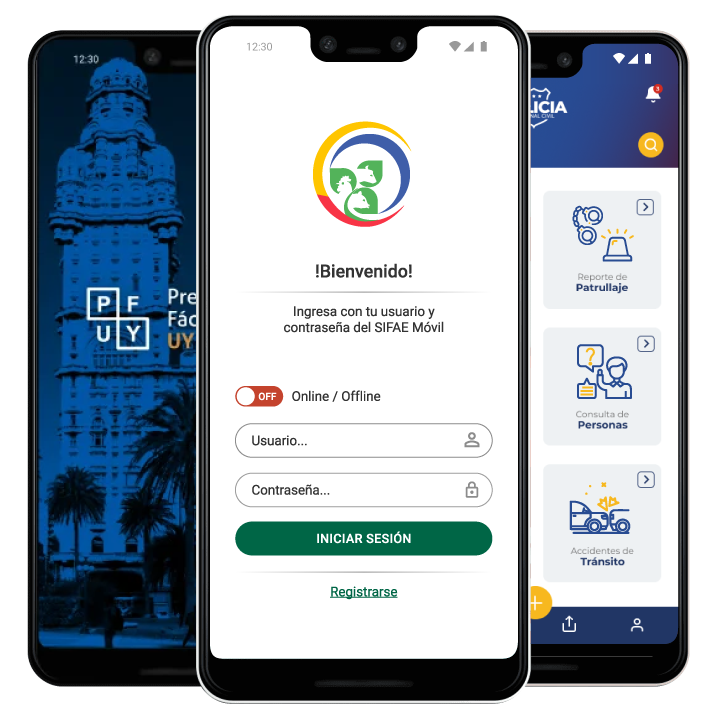
-
-
-
FOCAL regional studyThe purpose of the study was to carry out a regional analysis with the objective of identifying and evaluating the maturity level of the member countries of the Latin American Government Accounting Forum (FOCAL), currently composed of Argentina, Bolivia, Brazil, Chile, Colombia, Costa Rica, Ecuador, El Salvador, Guatemala, Honduras, Mexico, Nicaragua, Panama, Paraguay, Peru, Dominican Republic, Uruguay and Venezuela.Learn more
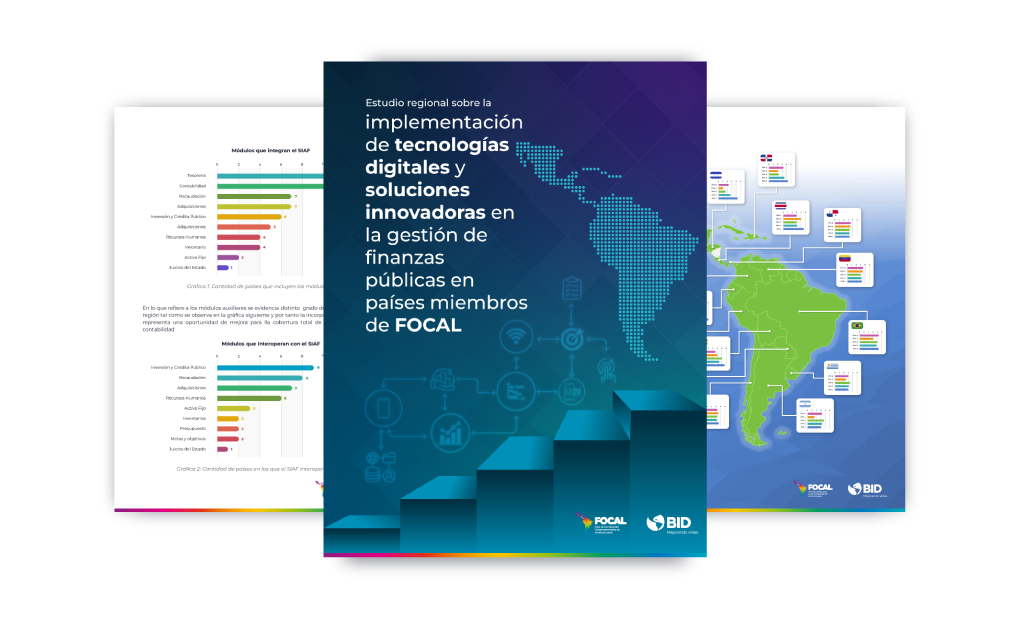
-
-
- AI
-
-
Artificial IntelligenceLearn moreAdvanced Artificial Intelligence (AI) and Big Data solutions that transform the way organizations make decisions and optimize their operations. We specialize in the development of intelligent autonomous agents and generative AI solutions using large language models (LLMs), both on local infrastructure and in the cloud.
-
- Press Room
-
-
Sustainable development
-
-
-
Interviews
 16/06/2025Virtual Threads in Java
16/06/2025Virtual Threads in Java
-
- Innovation
-
-
#GreenSofisMore information
Methodology
#GreenSofisSustainable Digital Transformation Conference
#GreenPath
-
-
-
AI For Everything
It is an initiative by Sofis Solutions, from the Intelligent Solutions Division, that promotes the adoption of artificial intelligence as a key driver of efficiency and effectiveness in the intelligent era.
It integrates both administrative and operational processes, promoting an organizational evolution where technology amplifies knowledge, optimizes decision-making, and generates value in a sustainable and inclusive way.
More information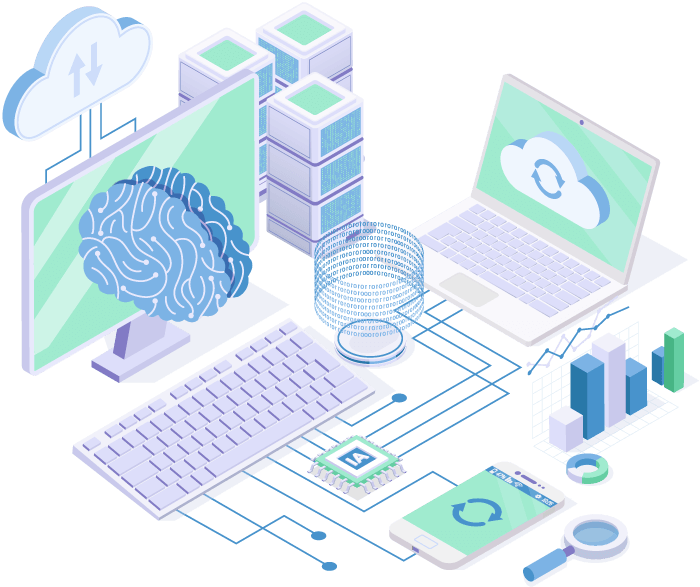
-
- Contact us
- ES PT-PT
-

Interview: The contribution of an Anti-Bribery Management System in organizations
Montevideo, July 12, 2021.
Sofis Solutions interviewed CPA Carlos Serra, Director and Manager of Datasec, who spoke about the importance of adopting mechanisms and international anti-bribery best practices in order to prevent, minimize, and control the risks associated with corruption in the activities and operations of organizations, as well as to safeguard their trust and reputation with all stakeholders.
The adoption of anti-corruption measures is an essential component for both states and public and private sector organizations. Through these measures, it is possible to implement mechanisms that protect their activities and operations, while increasing trust, credibility, reputation, and stakeholder interests.
The United Nations Convention against Corruption (UNCAC) acknowledges that states cannot fight corruption alone, and that private organizations have a vital role to play as allies in this effort. To date, this agreement is in force in over 170 countries and establishes common standards, policies, processes, and practices to support anti-corruption initiatives at the national level.
In this context, Sofis Solutions has worked for several years to uphold a zero-tolerance stance against bribery in all its forms. As part of this commitment, the company renewed in June its certification under ISO 37001:2016 Anti-Bribery Management System. According to the audit results, its management system is operating properly and in accordance with the compliance framework of the standard.
Given the importance of building an ethical and transparent business culture based on anti-bribery best practices, CPA Carlos Serra, Director and Manager of Datasec, shares in the following interview the significance of adopting and implementing mechanisms and controls to prevent, mitigate, and detect bribery in organizations — including the implementation of a management system based on ISO 37001.
Why do you believe it is important for organizations to implement a management system according to ISO 37001? What kinds of benefits do you think it provides?
"The reality is that every organization is exposed to fraud, corruption, and particularly bribery. It may be a more or less likely risk, but it’s hard to say it’s zero.
Adopting the ISO 37001 standard sends a message both internally and externally that 'bribery is not acceptable here' (neither giving nor receiving). In a global and particularly Latin American context where corruption frequently makes headlines, this is a powerful message. From my perspective, I see more and more people saying: No to corruption."
Based on your experience, what types of requirements related to anti-bribery controls or best practices would you recommend that international organizations or public entities demand from companies seeking to provide services?
"Unfortunately, unlike ISO 9001, for example, there are still relatively few organizations certified under ISO 37001 worldwide. We hope this will change over time.
In the meantime, an international body or public administration needs to know who they are dealing with. They should value organizations that have anti-bribery policies and controls — and even more so if they are certified, since in that case an independent third party has assessed their management system. Undoubtedly, requiring this will reduce the likelihood of facing situations that could damage their image and reputation by associating with, for example, corrupt suppliers. This can be achieved with proper legal advice and in accordance with each country’s regulations."
What do you believe is the relationship and impact between cybersecurity deficiencies and potential acts of bribery?
"Organizations must protect their information (internal, customer, patient data, etc.). Even though it may not appear on their financial statements, it is a highly valuable asset. Unfortunately, this isn’t fully appreciated until, for example, their data is 'held hostage' through a ransomware attack.
One consequence of the pandemic was the shift to remote work, which prioritized ensuring that employees could connect and work from home. This undoubtedly weakened cybersecurity controls and created vulnerabilities and threats that could be exploited — either accidentally or intentionally — by employees."
The implementation of ISO 37001 enables organizations to adopt a set of measures and controls to address bribery and support the fight against corruption. For Sofis Solutions, this is a priority and aligns with contributing to the achievement of the Sustainable Development Goals (SDGs) of the 2030 Agenda — specifically SDG 16: Peace, Justice, and Strong Institutions — which aims to promote societies based on transparency, ethics, and accountability in both public and private institutions, to respect human rights and ensure peaceful and stable environments for all.
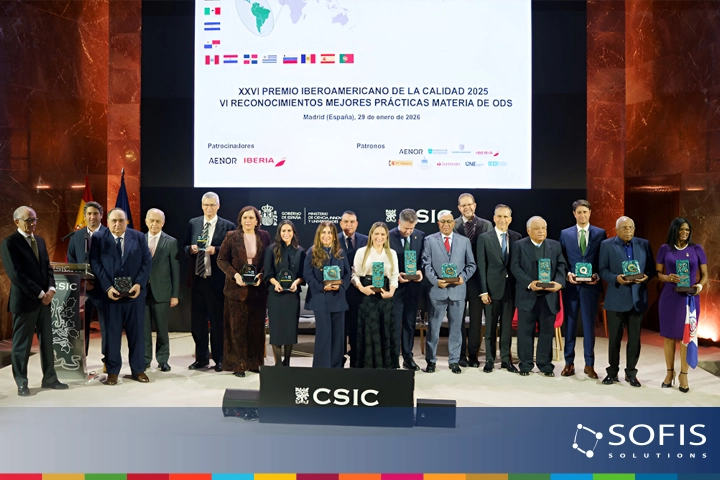
Madrid, January 29, 2026 – Sofis Solutions was honored with the Silver Award at the 2025 Ibero-American Quality Award, the highest recognition for exc......

In this interview we talked with the Software Engineering Group of Sofis Solutions, a team that has been actively working on the evolution of its deve...

On November 20th, the pilot edition of Creative Bureaucracy UY 2025 took place at the Sala Verdi, the local precursor to the Creative Bureaucracy Fest...












 Digital Signature
Digital Signature BionA Suite
BionA Suite Biona SIgn
Biona SIgn